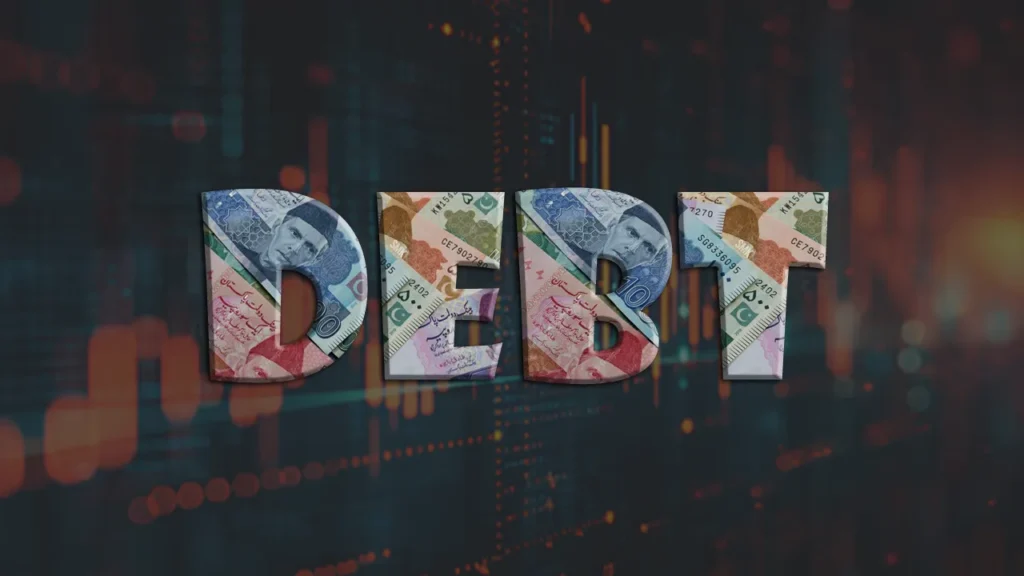- Web
- Feb 05, 2026
Govt outlines debt strategy with focus on hedging, domestic markets
-

- Web Desk
- Aug 16, 2025

ISLAMABAD: The government has announced a new debt management plan that seeks to reduce risks from exchange rate fluctuations and ease pressure on short-term borrowing.
The plan, called the Medium-Term Debt Management Strategy (MTDS) for fiscal years 2026 to 2028, was released by the Debt Management Office of the Finance Division.
Focus on growth and fiscal discipline
According to the report, Pakistan’s nominal GDP is expected to rise from Rs114.7 trillion in fiscal year 2025 to Rs162.5 trillion by fiscal year 2028. This growth will largely be driven by agriculture and manufacturing.
Fiscal reforms are also projected to deliver an average primary surplus of about one percent of GDP, in line with commitments under the IMF programme.
The government said it remains committed to actively managing foreign exchange risks. It is also exploring innovative tools such as debt-for-nature swaps to handle external obligations while reducing vulnerabilities.
Debt composition and costs
Total public debt is estimated at Rs78.2 trillion by the end of fiscal year 2025, nearly 68 percent of GDP. The share of domestic borrowing has increased to 68 percent, reflecting a larger reliance on local financing.
However, borrowing at home remains expensive. The average cost of domestic debt stands at 15.82 percent compared to just 4.4 percent on external loans, which are mostly concessional. This has pushed interest payments to nearly six percent of GDP in fiscal year 2025.
Reducing refinancing risks
The average maturity of domestic debt has improved to 3.8 years, while external debt stands at more than 6 years. Still, about 80 percent of domestic debt faces interest rate refixing in fiscal year 2026, reflecting heavy reliance on floating-rate instruments.
To ease these risks, the government plans to issue more long-term, fixed-rate Pakistan Investment Bonds, including new zero-coupon bonds in both conventional and Islamic markets. It also intends to deepen the capital market by raising the share of Sharia-compliant instruments to over 20 percent of total domestic securities.
Read next: Gold ends week with total loss of over Rs6,000 per tola




